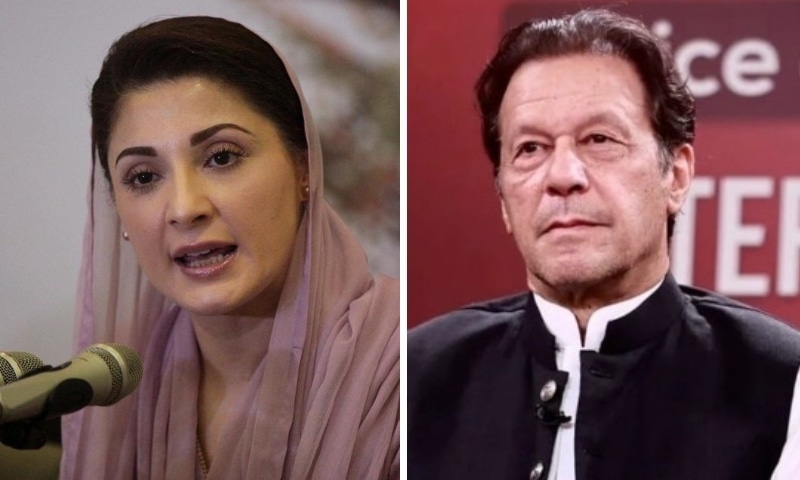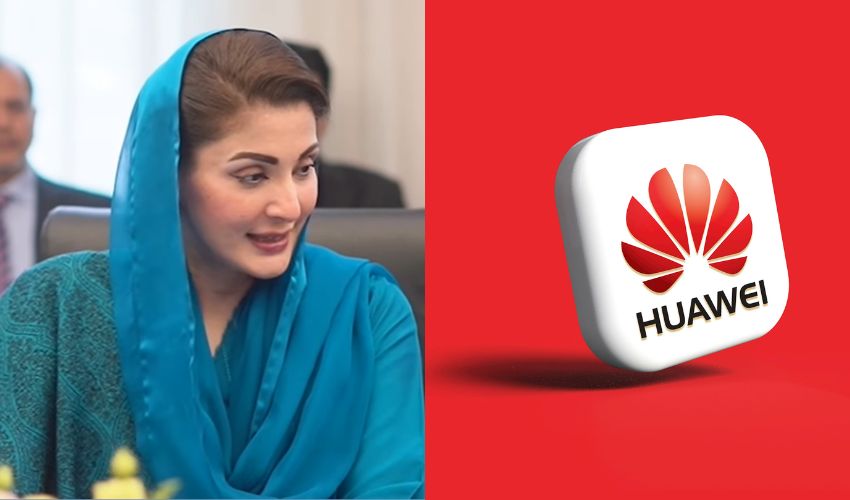French President Emmanuel Macron has appointed François Bayrou as the new Prime Minister, assigning him the responsibility of steering the country through ongoing political challenges.
Bayrou, the 73-year-old leader of the centrist MoDem group, replaces Michel Barnier, who was ousted following a no-confidence vote after just three months in office.
The announcement follows a contentious parliamentary standoff over an austerity budget, which had been at the centre of disputes. “The President of the Republic has appointed Mr. François Bayrou as Prime Minister and tasked him with forming a government,” stated the French presidency in its confirmation of the appointment.
Bayrou faces immediate challenges in forming a stable cabinet and finalising the 2025 budget, which aims to stabilise the economy without provoking further political unrest. His appointment has, however, drawn criticism from opposition parties, including the hard-left France Unbowed (LFI), which has threatened another motion of censure unless significant economic policy changes are made.
Jean-Luc Mélenchon, a prominent LFI leader, accused Macron of “undermining democracy” by not choosing a prime minister from opposition ranks. Similarly, Marine Le Pen of the far-right National Rally warned that Bayrou’s leadership might exacerbate existing political deadlocks.
The decision followed a two-hour meeting between Macron and Bayrou on Friday, reportedly centred on achieving consensus amidst France’s fragmented political climate. However, critics argue that Bayrou’s nomination reflects a failure to bridge the nation’s deep political divides.
Public frustration continues to mount, with recent polls revealing that a majority of French citizens favour cooperative efforts to resolve the stalemate. Bayrou must now navigate a volatile political landscape, balancing economic reforms with the necessity of ensuring his government’s survival in the face of opposition pressure.


























